Facts about education during the roman empire
Education in the Roman Empire was a dynamic blend of tradition and innovation, setting the stage for centuries of intellectual development. Romans highly valued education as a means of cultivating good citizens, and their system evolved over time to incorporate the best ideas from conquered territories.
The Roman approach to education was multifaceted, serving not only to preserve cultural heritage but also to adapt and grow through external influences.
The Origins of Roman Education
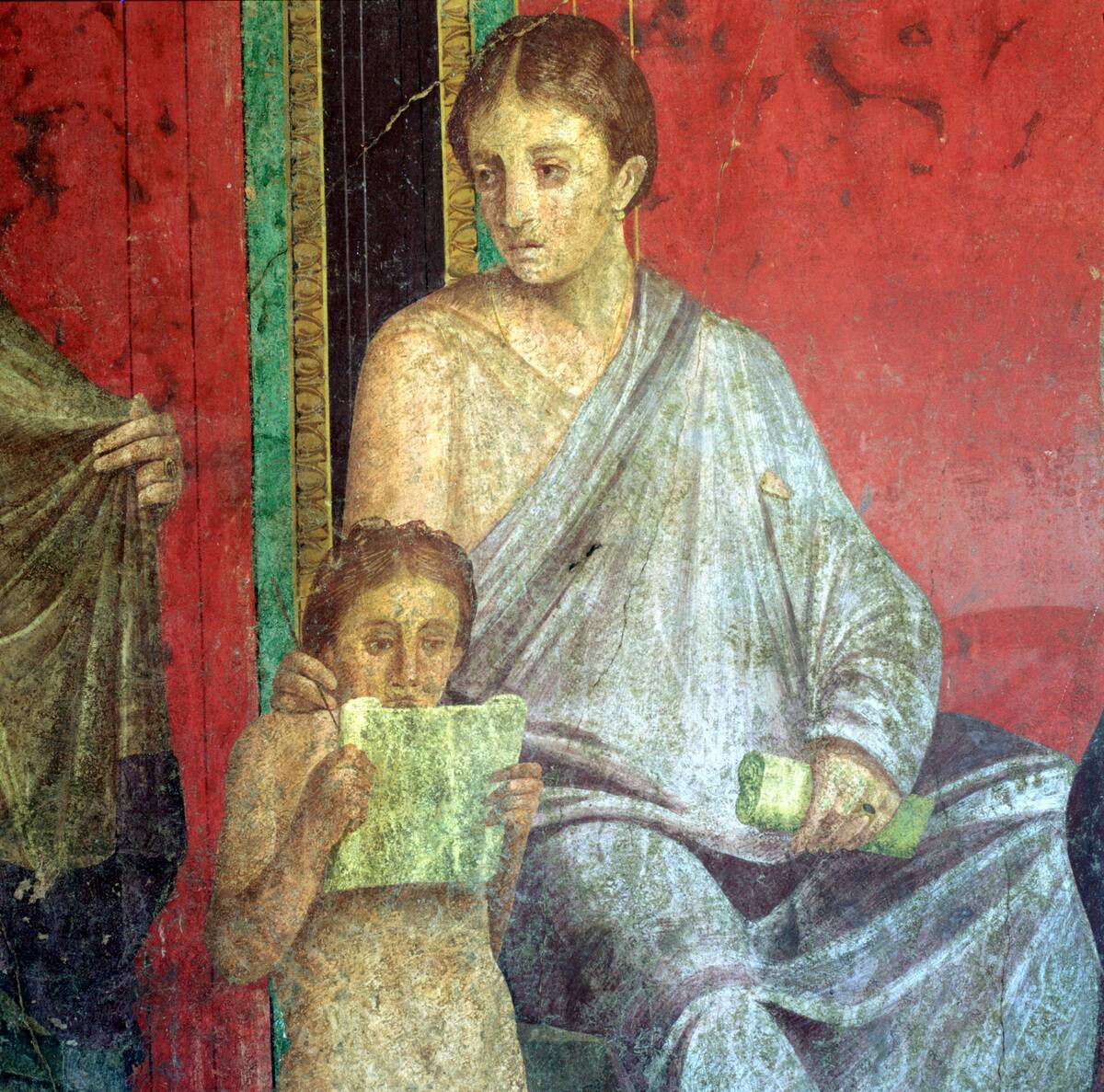
The roots of Roman education were primarily domestic, with early education occurring within the family unit. Parents, especially fathers, played the key role of imparting basic skills, literacy, and moral values.
This personalized approach reflected the agrarian lifestyle of the early Roman Republic, where practical knowledge and moral upbringing were paramount for maintaining societal structure and family honor.
The Role of Family in Early Education
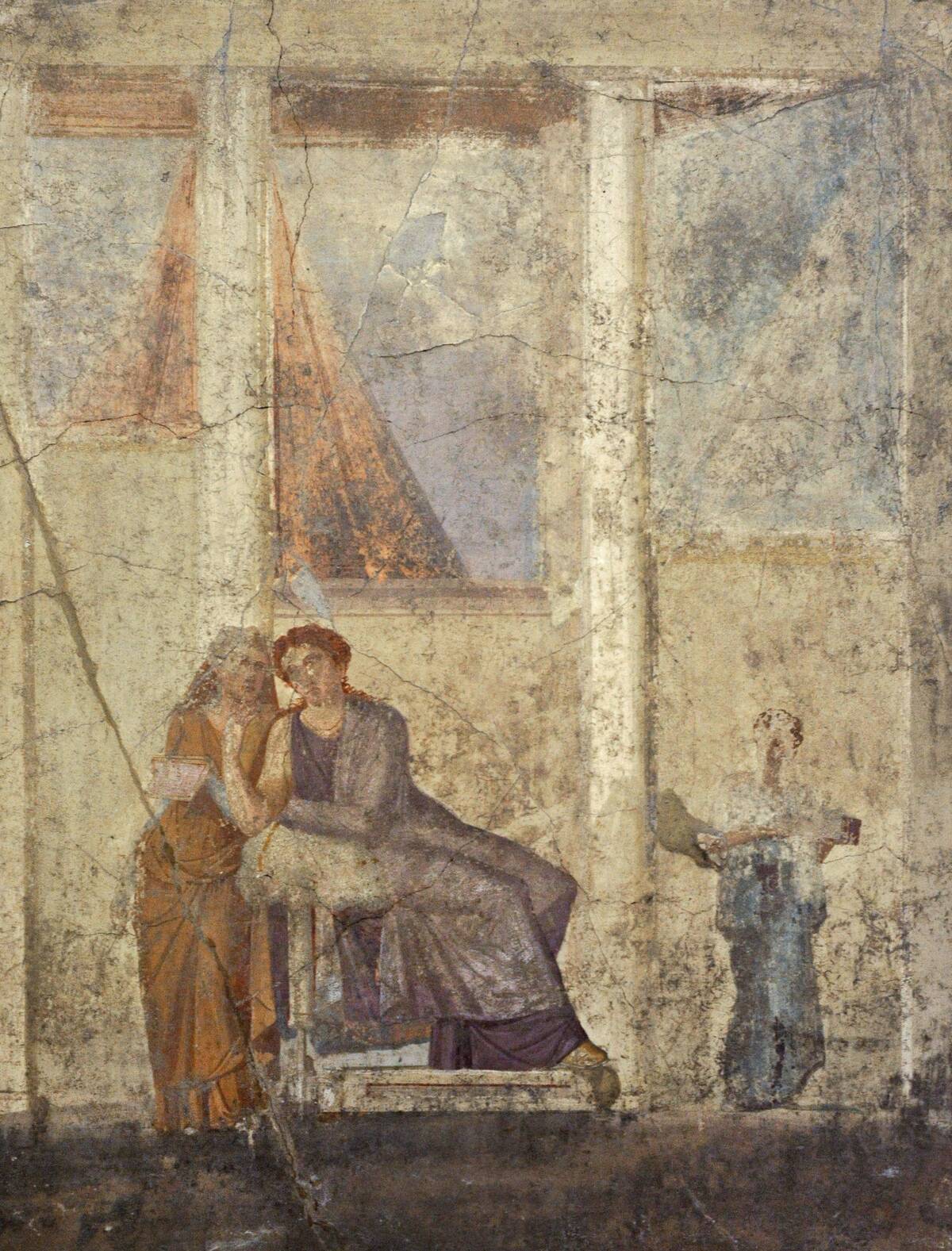
In Rome, the family was the cornerstone of initial learning, with parents instilling virtues such as discipline and respect. The Roman concept of ‘pietas’ was particularly emphasized, with boys being taught to fulfill their duties to the state and girls taught to fulfill their duties to their families.
Mothers often taught their children until about the age of seven, after which boys might accompany their fathers to learn about the family trade or civic duties, reinforcing the importance of family in shaping young minds.
The Greek Influence on Roman Learning
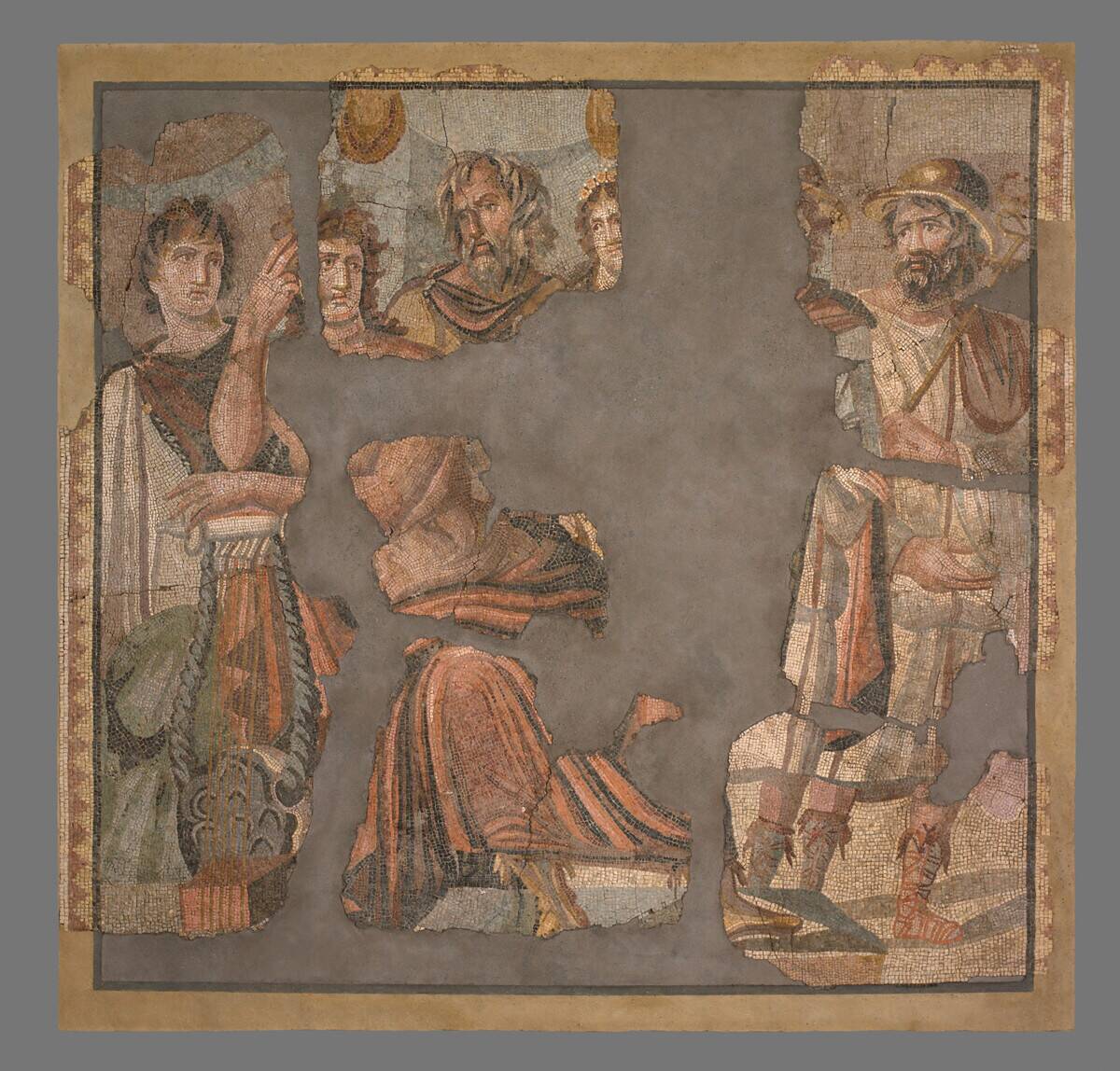
As Rome expanded, the influence of Greek culture became pronounced, especially in education. Greek tutors were in high demand among the Roman elite, bringing with them a rich tradition of philosophy, science, and arts.
Romans adopted Greek methods, emphasizing rhetoric and philosophy, which led to a more formal education system that mingled Roman practicality with Greek intellectualism.
The Roman School System: Ludus and Grammaticus
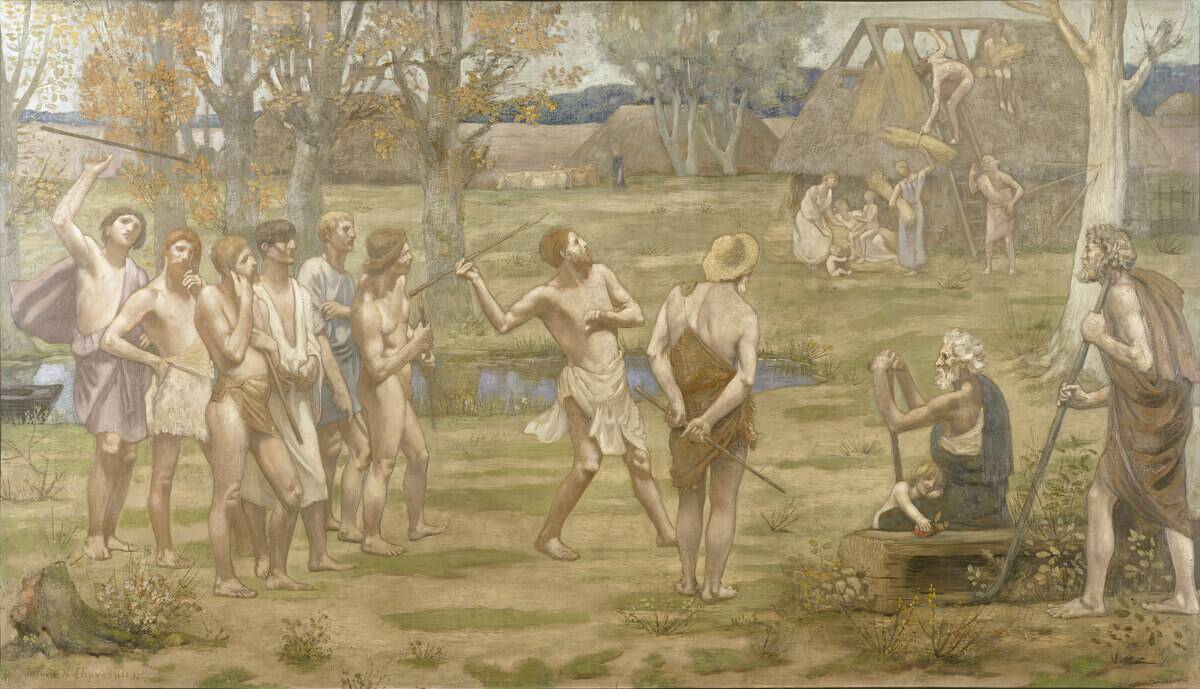
Roman education formalized with institutions like the ‘ludus’, akin to elementary schools, and the ‘grammaticus,’ which served as secondary educators. The ‘ludus’ focused on basic literacy and numeracy, while the ‘grammaticus’ delved into literature and advanced language skills.
This system allowed Roman children to transition smoothly from foundational learning to more complex studies, ensuring a well-rounded education.
The Curriculum: What Roman Students Learned
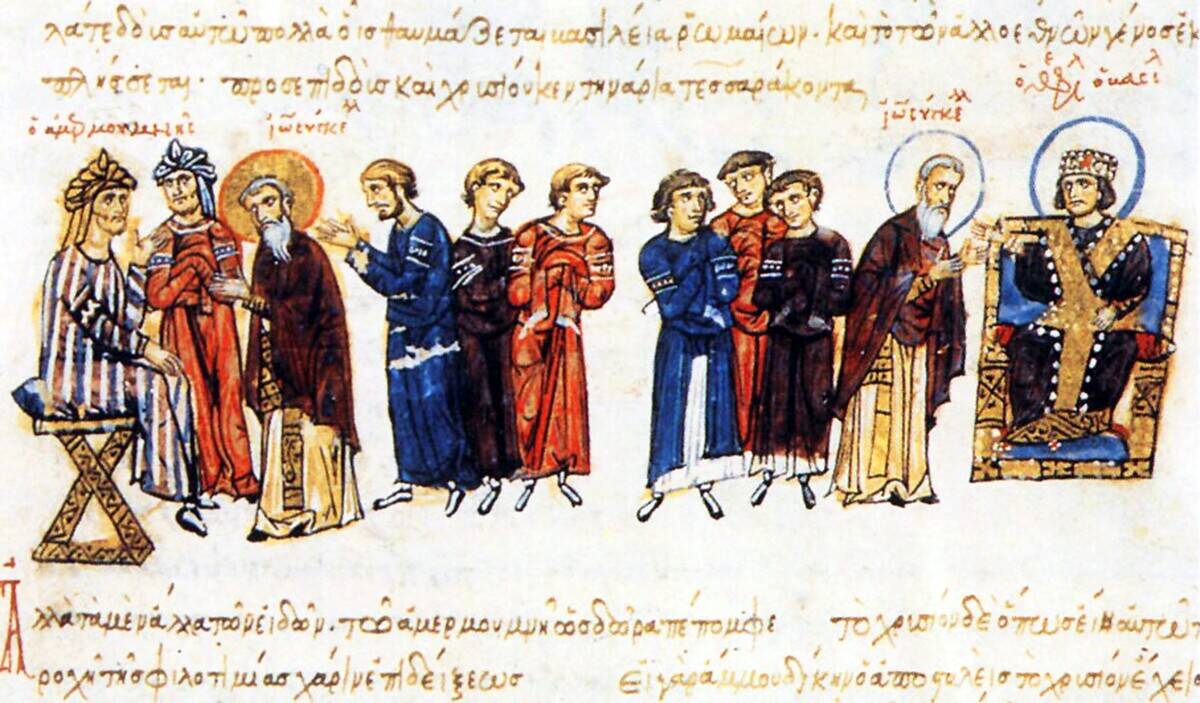
Roman students were taught a diverse curriculum, starting with the basics of reading, writing, and arithmetic. As they advanced, they studied Greek and Latin literature.
The emphasis on language skills was significant, as eloquence was highly valued. Education aimed to produce individuals who could contribute effectively to public life, reflecting the Roman emphasis on civic duty.
The Importance of Rhetoric in Roman Education
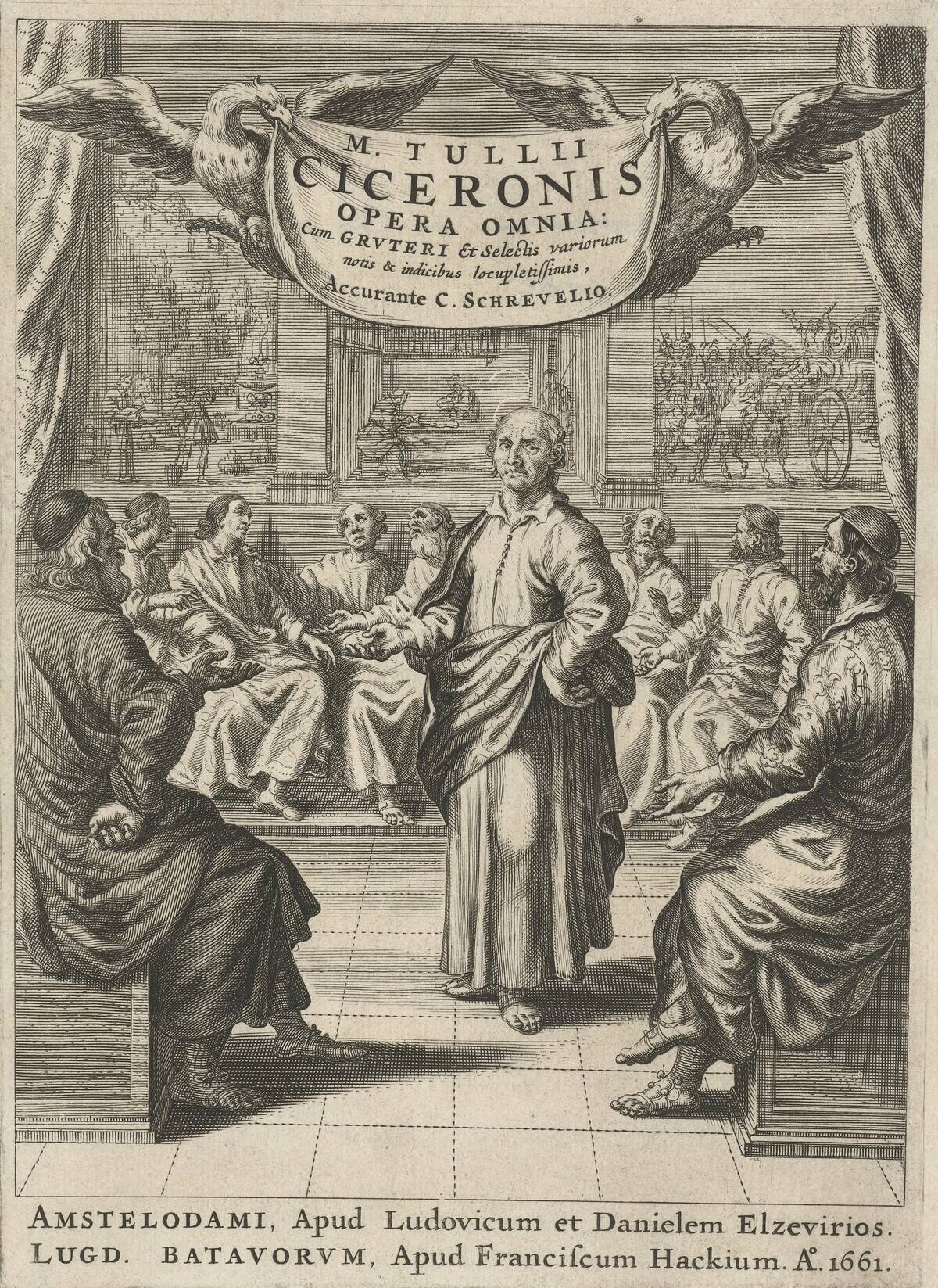
Rhetoric was the crown jewel of Roman education, essential for anyone aspiring to public office. Mastery of rhetoric meant the ability to persuade and influence, skills crucial in the political arena.
Renowned orators like Cicero exemplified the power of rhetoric, shaping policies and public opinion. This focus on oratory underscored the Roman belief in the power of words to enact change.
The Role of the Grammaticus: More Than a Teacher
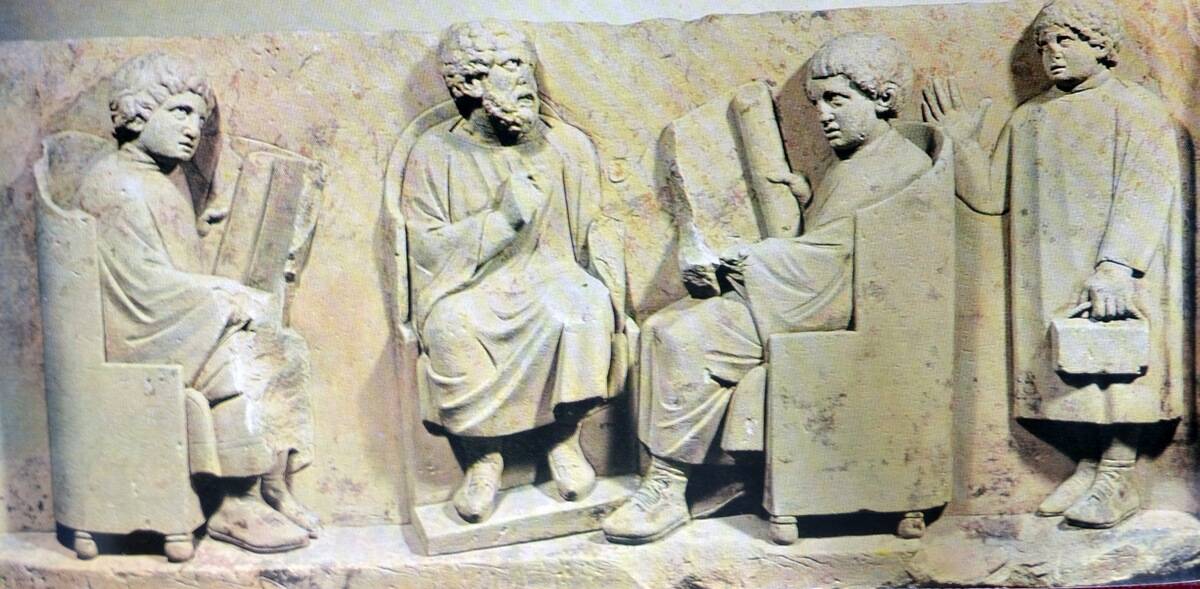
The ‘grammaticus’ in Roman society was more than just an educator; they were custodians of literary culture. They taught advanced grammar, poetry, and prose, preparing students for higher pursuits.
Often viewed as cultural gatekeepers, ‘grammatici’ were instrumental in instilling a love for literature and critical thinking, crucial for any future statesman or intellectual.
Higher Education and the Role of the Rhetor
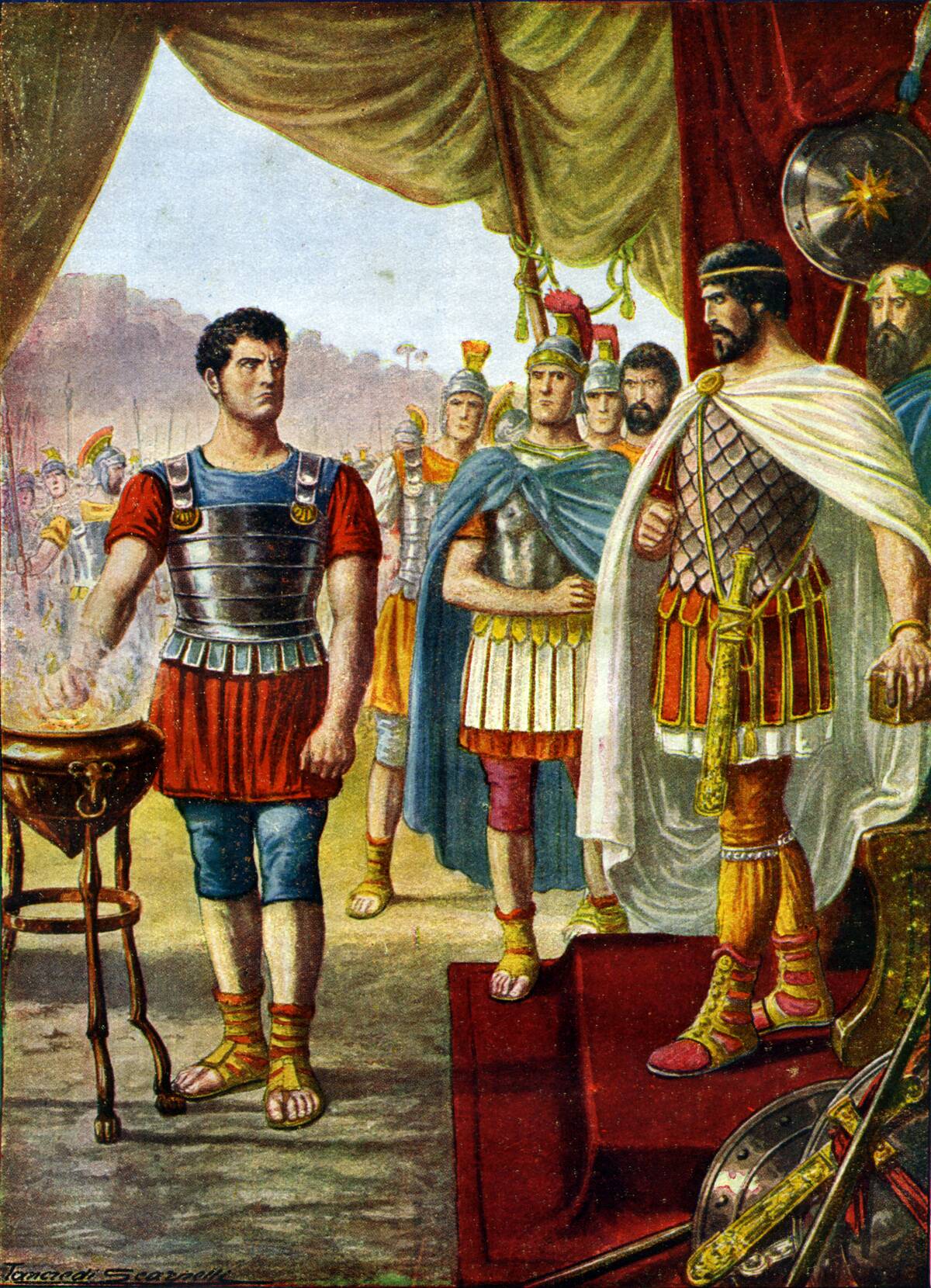
For those who pursued higher education, the ‘rhetor’ was a pivotal figure, focusing on advanced rhetoric and public speaking. This stage of education was akin to modern-day university, where students honed their skills in argumentation and debate.
The ‘rhetor’ prepared students for leadership roles, ensuring they could articulate ideas effectively in Rome’s complex political landscape.
The Quintessential Roman Scholar: Cicero and Beyond
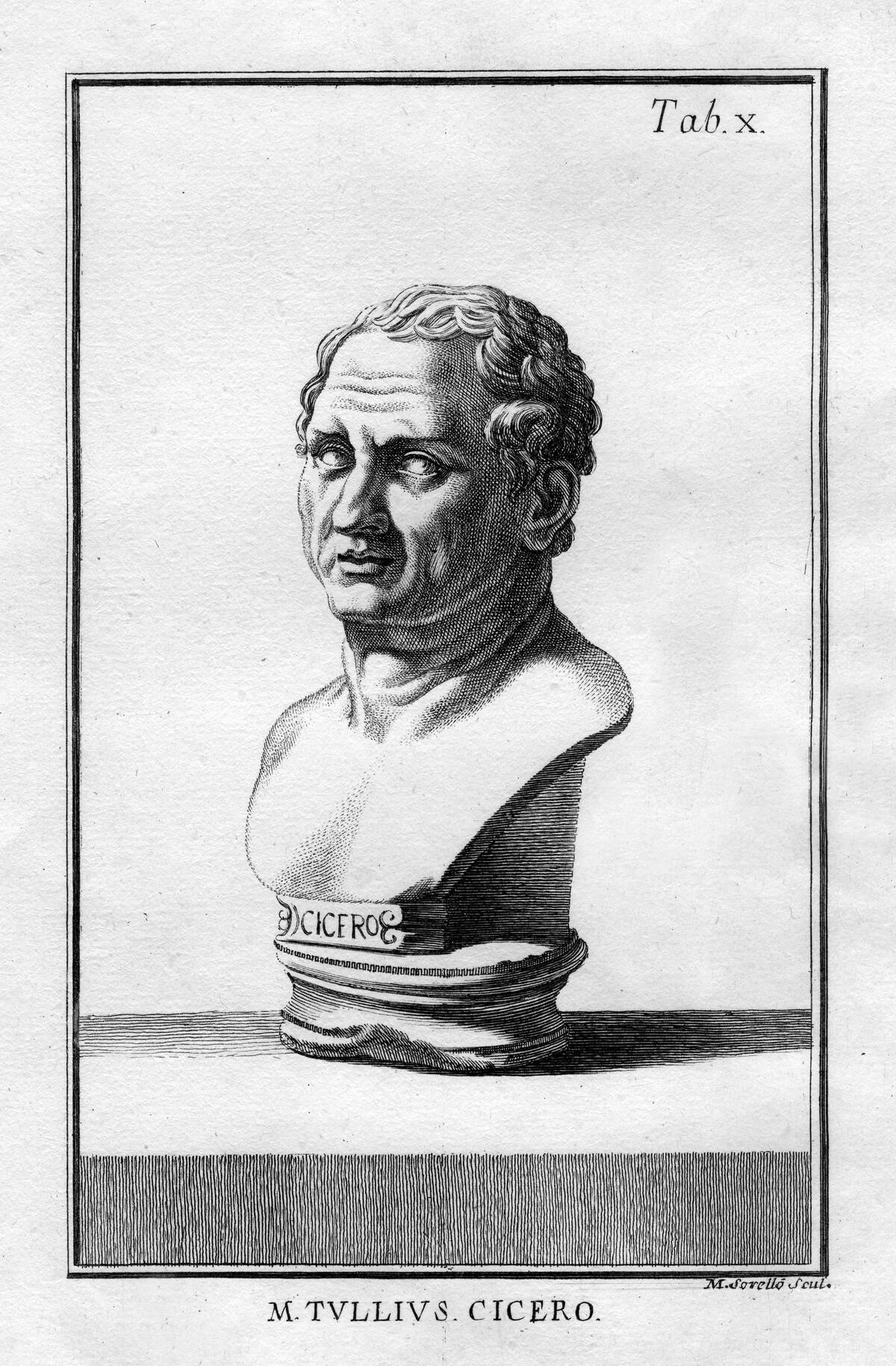
Cicero remains a towering figure in Roman education, embodying the ideals of a scholar-statesman. His works on rhetoric, philosophy, and politics were integral to Roman curricula and influenced generations.
Beyond Cicero, figures like Seneca and Marcus Aurelius continued this tradition, highlighting the Roman commitment to intellectual and moral development through education.
Schools of Philosophy: Rome’s Intellectual Hubs
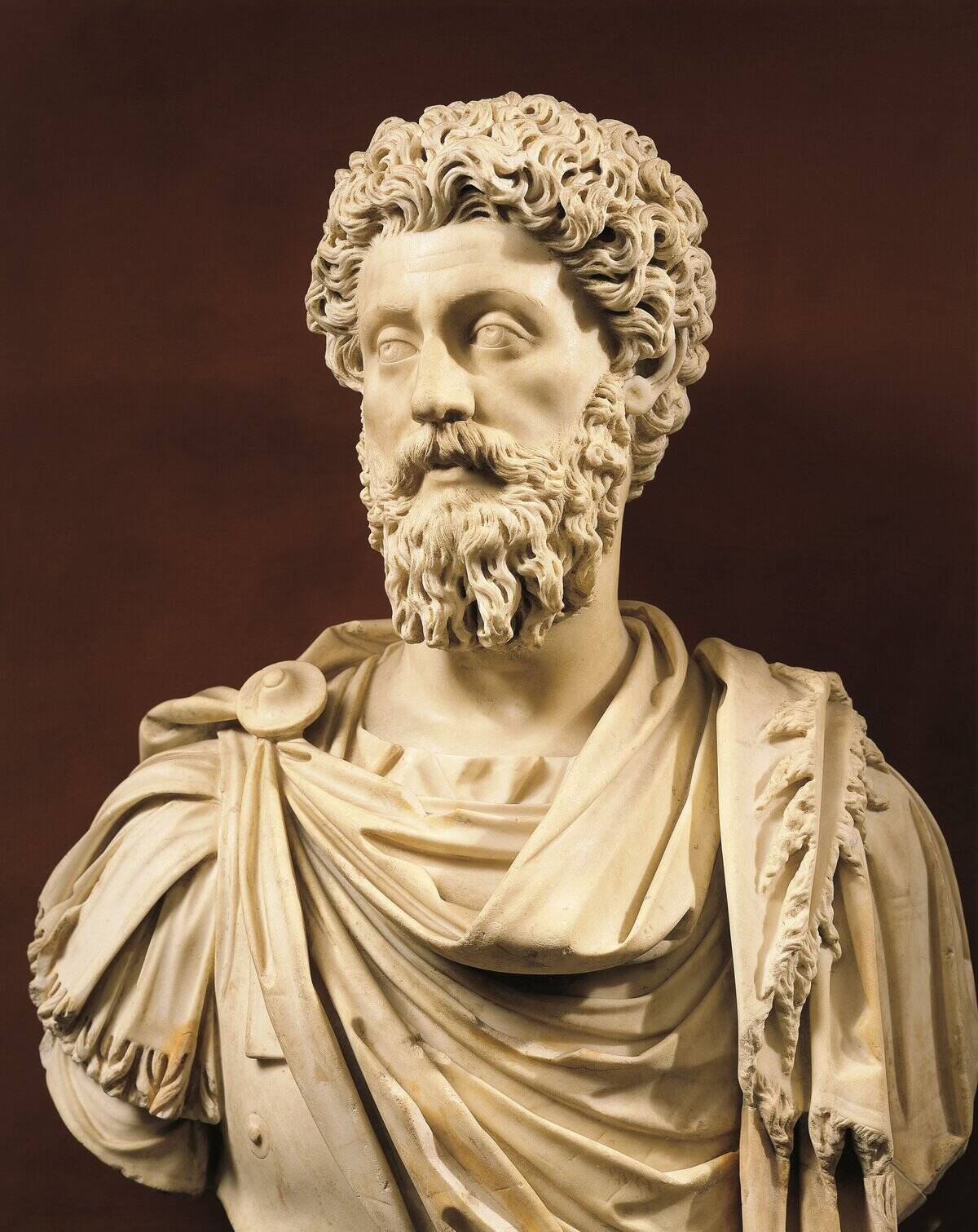
The Roman Empire was home to various philosophical schools, most of which were influenced by Greece, as philosophy was considered an extremely advanced but distinctly Greek level of education. Stoicism (influenced in a Roman context by Marcus Aurelius and Seneca), Epicureanism, and Neo-Platonism thrived, attracting students eager to engage in philosophical discourse.
These schools were not just academic centers but also places of personal growth, where students learned to apply philosophical principles to everyday life.
Education for Women in the Roman Empire

Education for women in Rome was limited but not nonexistent. While elite families sometimes provided private tutors for daughters, most women learned practical skills at home.
Literacy was valued for managing household affairs and social correspondence. Despite societal constraints, educated women like Hortensia made their mark, demonstrating that education could transcend traditional boundaries.
The Cost of Education: Who Could Afford to Learn?
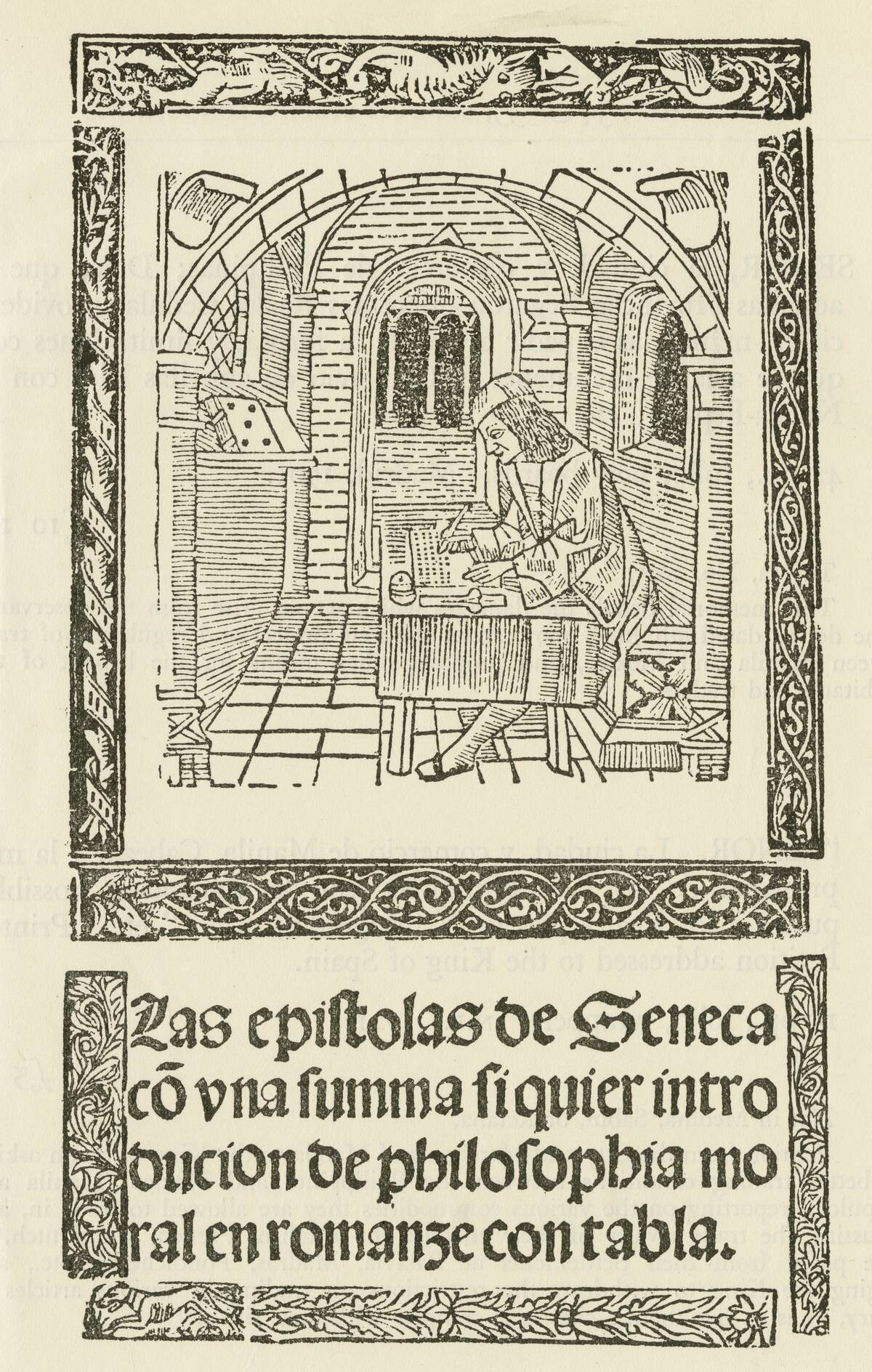
Education in Rome was a privilege often reserved for the wealthy, as formal schooling could be costly. Tuition fees, books, and the hiring of private tutors were significant expenses.
However, some public schools and benefactors made education accessible to lower classes, although these opportunities were rare (at least depending on which era of Rome is being discussed). This financial barrier often determined who could rise in Roman society through education.
The Use of Slaves as Educators
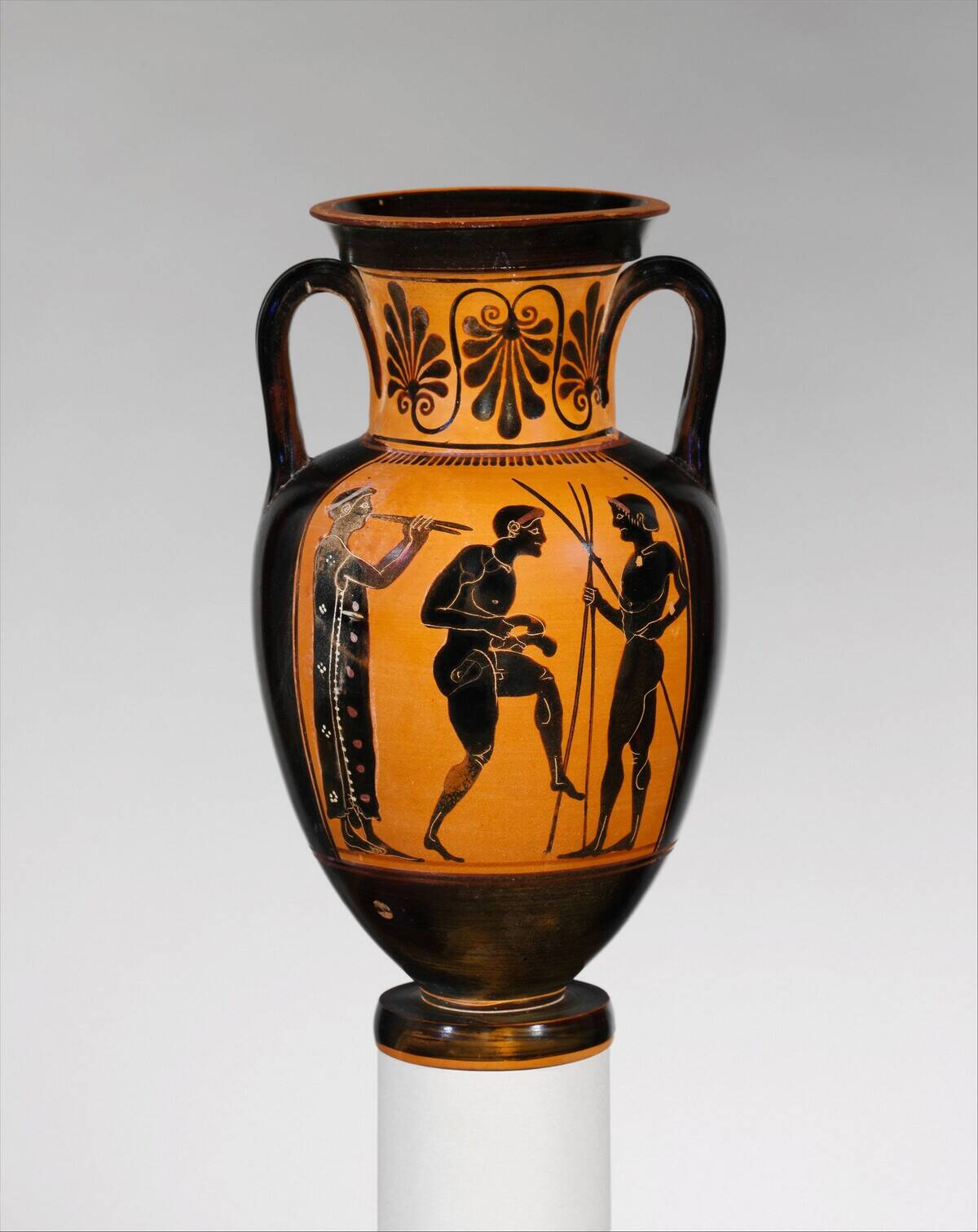
Interestingly, slaves often served as educators in Roman households, especially those from Greece. These educated slaves brought their knowledge and teaching methods to Roman families, becoming integral to the educational process.
While their status was low, their intellectual contributions were highly valued, illustrating the complex dynamics of education and servitude in Rome.
The Roman Libraries: Centers of Knowledge and Learning
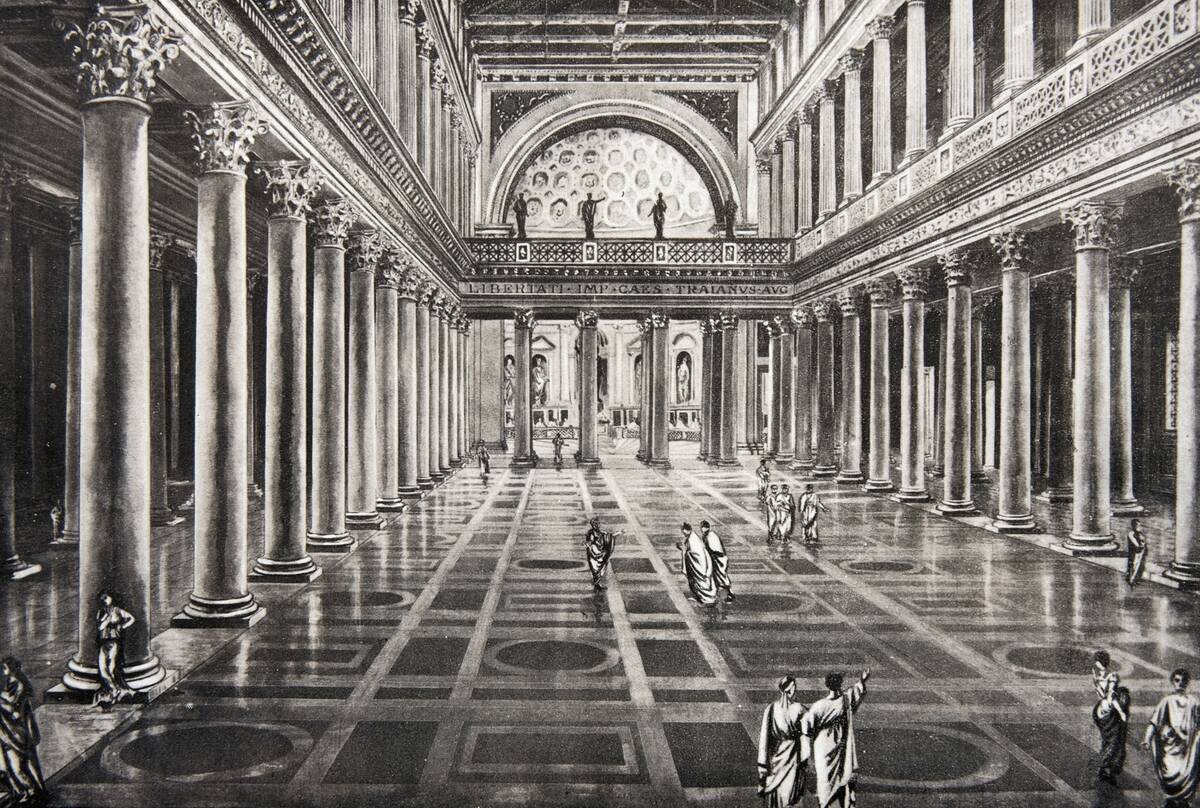
Roman libraries were vital centers of learning, housing vast collections of scrolls and manuscripts. Public libraries, like those built by Augustus and later Trajan, allowed citizens access to knowledge, fostering a culture of intellectual exploration.
These libraries were more than repositories; they were social hubs where scholars gathered to read, discuss, and disseminate ideas, contributing to the vibrant intellectual life of Rome.



